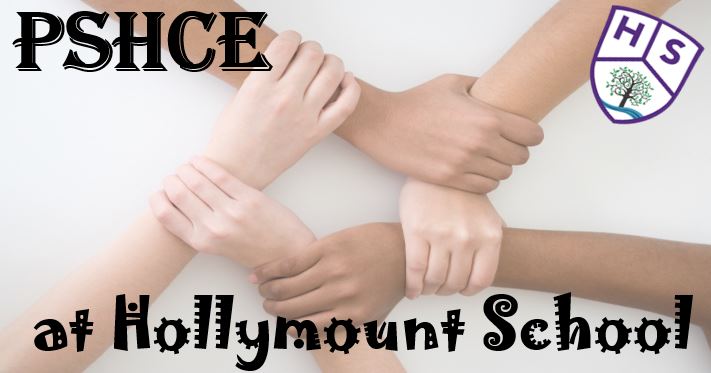
PSHE aims to ensure that all children feel happy, healthy and safe, that we equip them for adult life and to make a positive contribution to society. We aim to put in place the building blocks needed for positive and safe relationships of all kinds. Our children are being educated about a range of different relationships and that mental wellbeing is central. The focus is on teaching the fundamental building blocks and characteristics of positive relationships, with particular reference to friendships, family relationships, and relationships with other peers and adults.
This should include:
- Online safety
- Teaching about family dynamics and different family structures including young carers
- Resilience
- Values (or character attributes/’virtues’)
- Providing planned opportunities to undertake social action/active citizenship /voluntary service to others locally or more widely.
- Preventing abuse by teaching about boundaries & privacy
There will be a focus on teaching the characteristics of good physical health and mental wellbeing within the following 8 areas:
- Mental well being
- Internet safety and harms
- Physical health and fitness
- Healthy Eating
- Drugs, alcohol and tobacco
- Health and prevention
- Basic First Aid
- Changing adolescent body
All of these subjects will be set in the context of a wider whole-school approach to supporting pupils to be safe, happy and prepared for life beyond school. PSHE will sit within the context of a school’s broader ethos and approach to developing pupils socially, morally, spiritually and culturally; and its pastoral care system. This is also the case for teaching on mental health within health education. The curriculum on health education will similarly complement, and be supported by, the school’s wider education on healthy lifestyles through physical education, food technology, science and its sport, extra-curricular activity and school food.
The programme of study includes three core themes:
- Health and Wellbeing
- Relationships
- Living in the Wider World
Today’s children and young people are growing up in an increasingly complex world and living their lives seamlessly on and offline. This presents many positive and exciting opportunities, but also challenges and risks. In this environment children and
young people need to know how to be safe and healthy, and how to manage their academic, personal and social lives in a positive way.
Personal, Social, Health and Economic Education (PSHE) enables children to become healthy, independent and responsible members of society. Pupils are actively encouraged to play a positive role in contributing to the life of the school and the wider community. In doing so we help to develop pupils’ sense of worth and we teach them how society is organised and governed. We teach them about their rights and responsibilities and enable them to learn to appreciate what it means to be a positive member of a culturally diverse society.
We are committed to providing a caring, friendly and safe environment for all pupils so they can learn and develop in a relaxed and secure environment. The spiritual, moral, social and cultural development of all pupils is extremely important and pupils are supported on a daily basis through the school’s ethos, during assemblies and across many areas of the curriculum including PSHE and Computing sessions.
